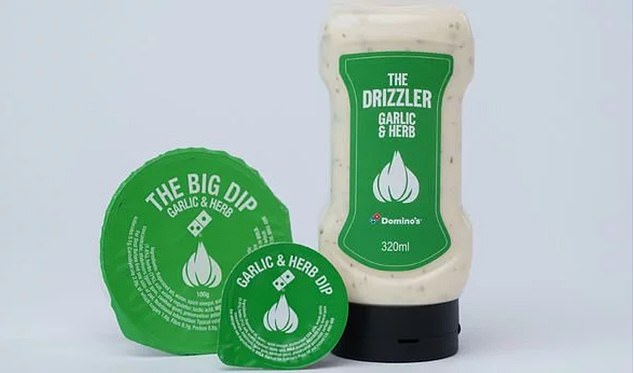Urgent warning over British mustard as health officials discover products can cause deadly allergic reaction




Health authorities have issued an urgent warning to the millions of Britons with a peanut allergy after unknown traces of the nut were found in a number of supermarket products.
The harmful substance was found in mustard powder used to flavour sauces, salads and pre-packaged sandwiches, including SPAR pasta salads and Domino’s dips.
The Food Standards Agency (FSA) has traced the contaminated ingredients in the mustard to a producer in India and a company that supplied the items to the UK.
According to the agency, there are currently no indications that other suppliers have been affected.

Health leaders have issued an urgent warning over traces of peanuts in mustard powder
While health officials are trying to identify the full extent of individual products affected, they advise anyone with a peanut allergy to avoid products containing mustard or mustard powder.
The FSA said in a statement: ‘If mustard is present in a food, this must be stated in bold on the packaging as it is itself an allergen.
‘If there is a risk that mustard may be unintentionally present in food, a ‘may contain’ label will be placed on mustard.
‘When you eat out, ask the staff at the cafe or restaurant if their products contain mustard. By law, food businesses must provide this information to customers.’
The UK company affected, FGS Ingredients Ltd, has advised the stores it supplies to remove products containing the contaminated mustard ingredients.

One of the products known to be made with the contaminated mustard powder is Domino’s Garlic and Herb Dip.
A full list of products contaminated to date can be found at FSA websiteand include Harvester BBQ sauce, Domino’s dips (in both honey and mustard and garlic and herb flavours) and a range of supermarket SPAR’s own products.
This also includes coleslaw, pasta salads, sandwich toppings and various wraps and ready-made sandwiches from SPAR.

SPAR sandwiches with chicken mayonnaise, chicken club and shrimp mayonnaise are also covered by the measure.
It is thought that about one in 50 children and about 200 adults have a peanut allergy.
While some people with allergies experience only mild symptoms when exposed to peanuts, such as swollen lips and itchy skin, peanut exposure can be fatal for others.
About 10 Britons die each year from anaphylaxis, a life-threatening allergic reaction that leaves the sufferer unable to breathe.
Without access to an adrenaline injection, often in the form of an EpiPen, patients suffer cardiac arrest that is almost always fatal.
There are 14 food allergens that are considered the most common causes of allergic reactions in the UK.
These include celery, gluten, shellfish such as shrimp and crab, eggs, fish, lupine, milk, molluscs such as oysters and mussels, mustard, peanuts, sesame seeds, soybeans, sulfur dioxide, sulphites and nuts, such as almonds and Brazil nuts.




